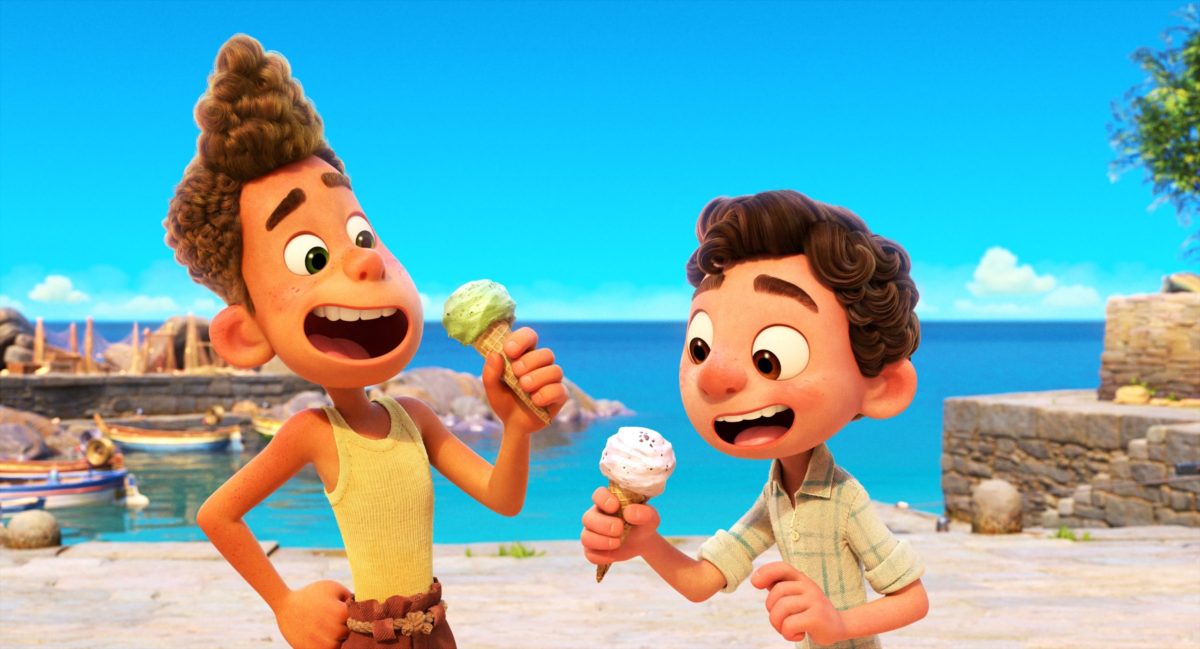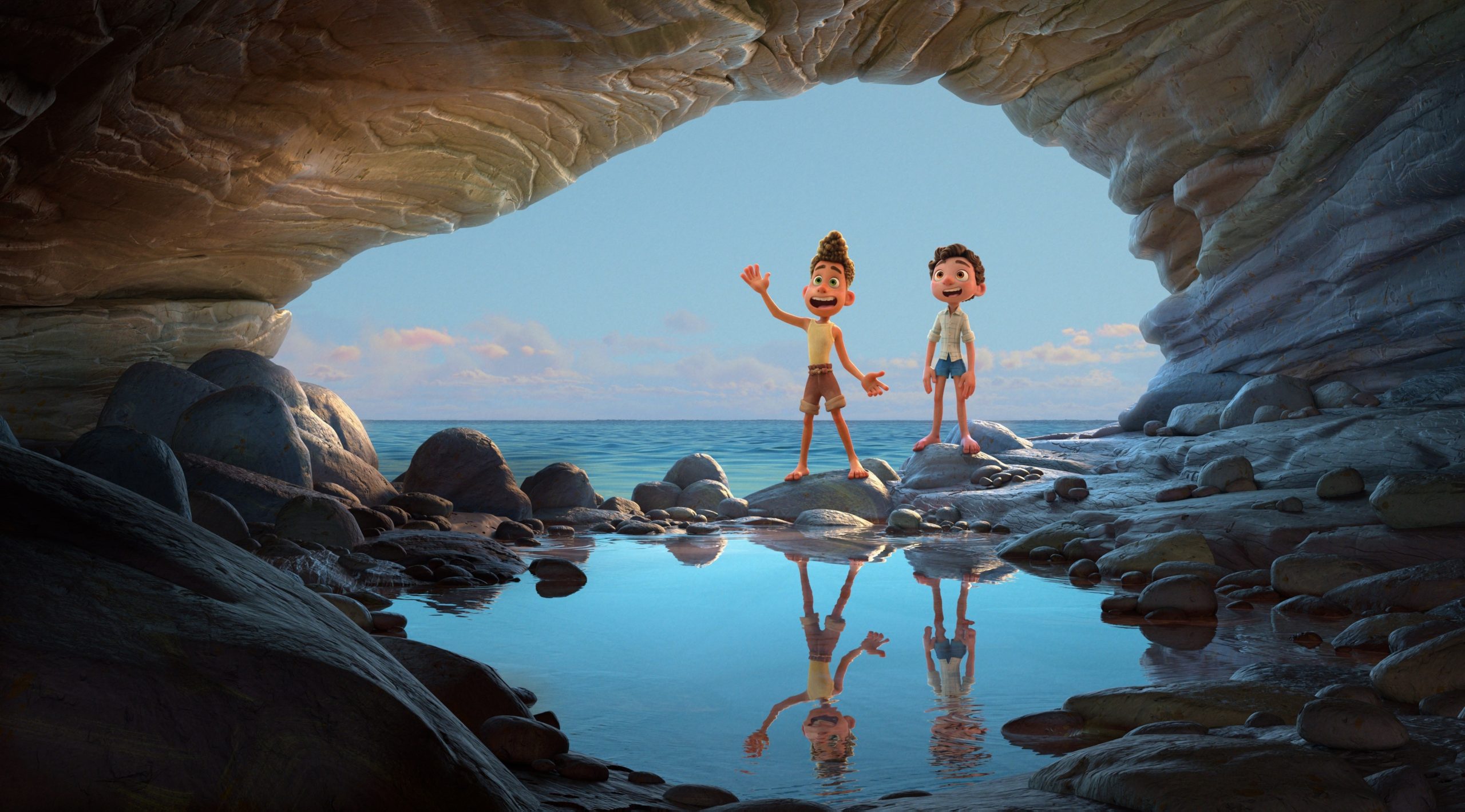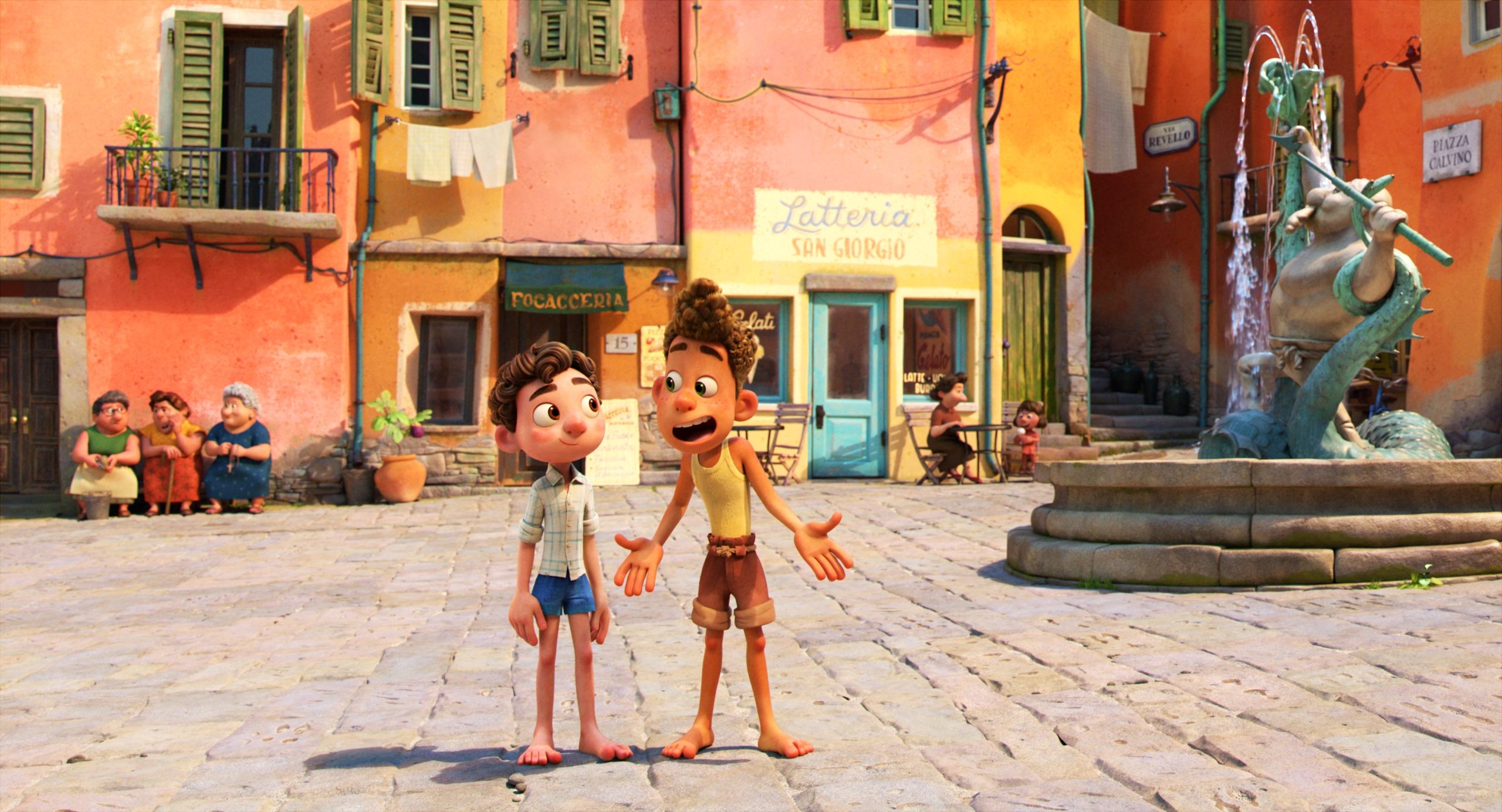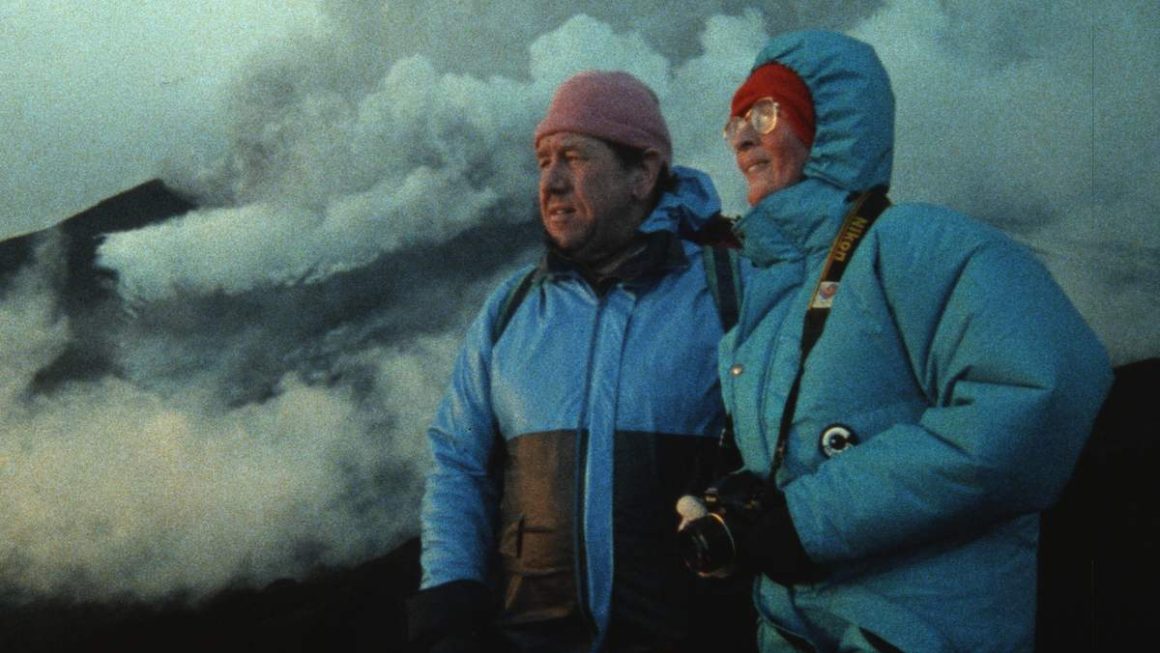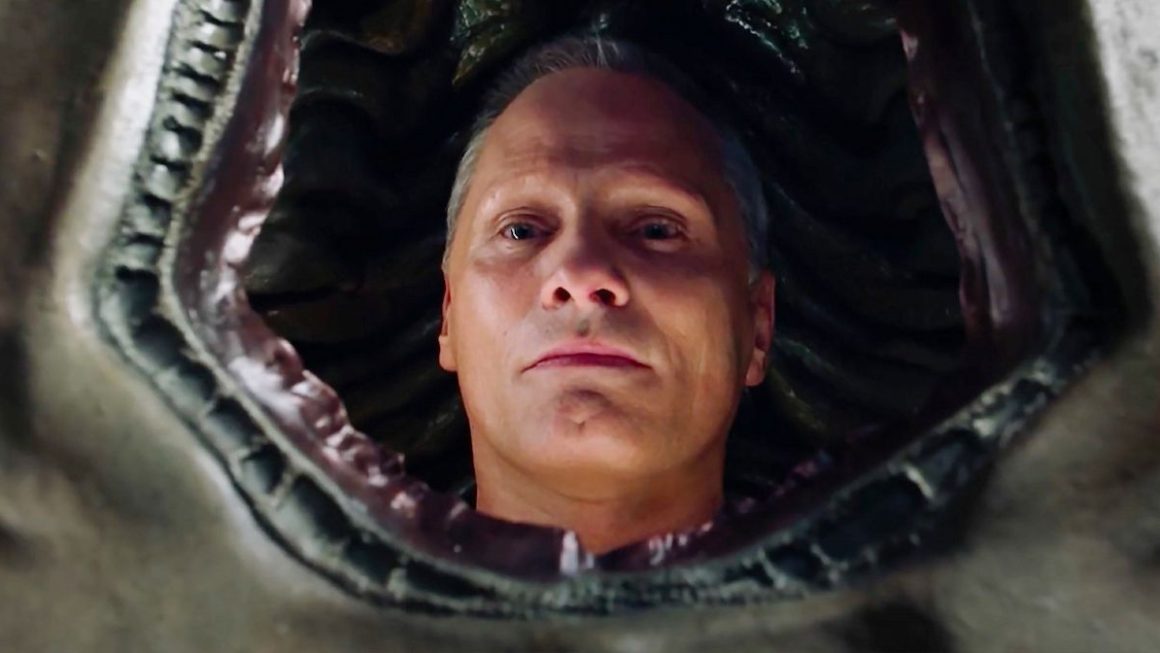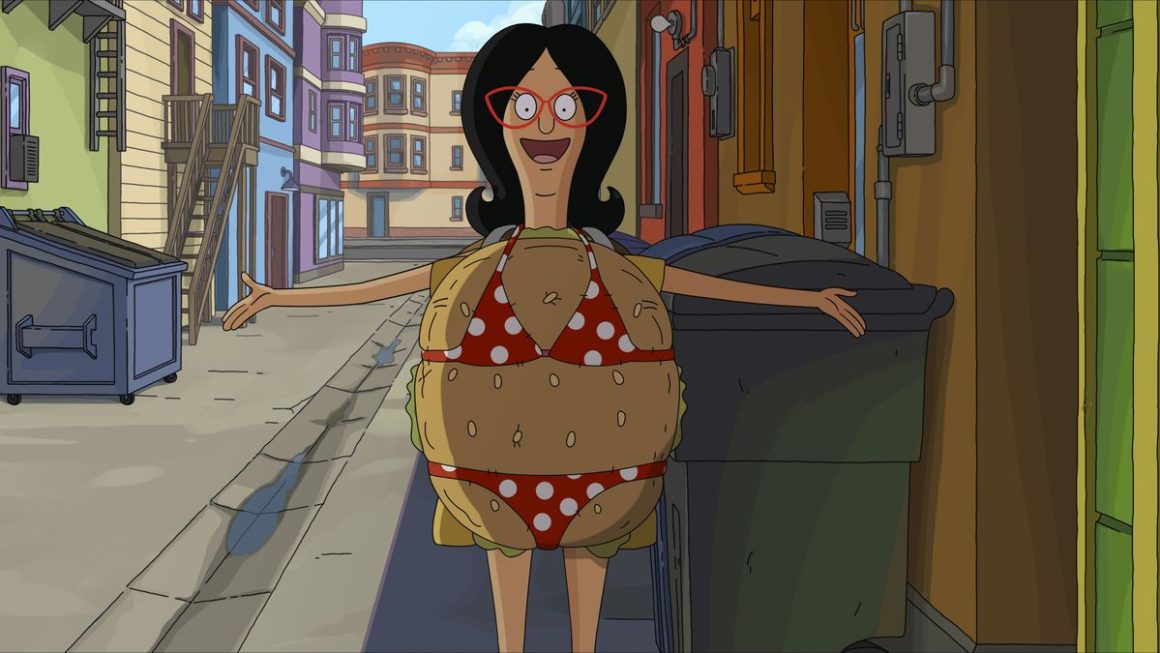Is Luca a Gay Allegory?
The two sides of the debate don’t seem terribly constructive for either argument – queer or not, Luca is a lovely thing to experience with a strong central lesson that provides flexible grounds for interpretation.
I know we can have it both ways.
The fact is, Enrico Casarosa went out and made an endearing film about his life, based on a close childhood friendship he still maintains to this day, with a real Alberto! I love that, and I wouldn’t be so quick to curse Pixar or Disney for denying a gay romance when the director of the film reassures his intentions to depict a friendship and substantiates those intentions with a real life experience.
On the flip side: Casarosa acknowledges that he produced a film made up of broad strokes to allow for personal interpretation. Having a personal experience at the movies is an integral piece of going, and undeniably, Luca contains lessons and themes central to the queer experience.
Feeling different or ostracized, attempting to hide those differences, to escape, meeting good people who love you for who you are, accepting oneself, and finally finding some authenticity in one’s life are all important pieces of growing up gay and undeniably those elements come together very neatly in Luca.
I felt I got the best of both worlds out of Luca – the experience of a wonderful new friendship and also the meaning my interpretation provided for me.
It’s so important for everyone to know that they shouldn’t be afraid of who they are, that the ones that really matter will stick around, and the ones who don’t can be tossed into a fountain.
Two Worlds United by Love
As an enormous fan of The Little Mermaid as a boy, I felt somewhat prepared for the two worlds concept.
Not only creative and refreshing, the two worlds of Luca are wondrous, one under the sea and the other a village on the Italian Riviera, each camp terrified of the other. The tension of sea monsters sneaking into a fishing village works brilliantly to raise the stakes – the boys only a cup of water or fountain accident away from being revealed. It proves to be a compelling dilemma.
Yet, curiosity, imagination, and a thirst for knowledge wins over Luca’s heart. He and Alberto each “silencio Bruno!” and take the plunge, well decidedly, out of the water and onto land.
They provide a blind dose of optimism that perhaps we needed right now.
For its duration, tensions rise steadily, that fear that the truth may make ruins of their Vespa ambitions never quite escapes our consciousness, every close call near-reveal of the truth puts us on edge. It’s brilliant and it works.
When the truth is finally revealed, and the two worlds finally find union, the tension breaks, and a clear gift-of-a-message is placed on our laps – be you, just be you, and the rest will fall into place.
Pacing and Depth
Luca’s pacing is something to reckon with, the entire film moves by so quickly, upon reflection, many of the sequences blend and become muddled in my mind. I propose that the fast pacing of the film, the desire to hit all of the beats of the plot concisely, works as a facade for the lack of depth in story and character.
According to Casarosa, this virtue of broadness was done with the intent of appealing to a wider audience, I believe that intent was fulfilled.
While exciting, beautiful, and ultimately heartwarming I can’t help but feel the characters and story left me wanting something more below the surface.
This work was loosely likened to Miyazaki’s work, and perhaps the most striking thing about a Miyazaki film is his attention to cultural references and micro-actions – among other things, details that really humanize and differentiate his characters, elements I didn’t see so much of here.
There were a few missed opportunities to provide depth from the start of the film. We got a rather small taste of what it is like to be a sea monster, which if developed more, could’ve provided stronger motivation for Luca to run away.
Yes, his parents were sending him away with his uncle to the bottom of the ocean, but even that threat fell flat – I just didn’t believe it could or would happen. Then, swiftly he exits the scene, no one chasing him down, nothing, and then abruptly he’s back on land.
Another area that could have benefitted from greater depth was Luca’s betrayal of Alberto and how this betrayal ties into Alberto’s abandonment issues via his missing father. There was good heavy material to work with there and Casarosa opted to keep it light.
I would have loved to see greater personal struggle for Luca and a bigger break down in his relationship with Alberto – a real consideration of their inner lives.
Instead, the characters always have the answers, know what to do next, and that just doesn’t seem totally authentic. Before there is a fully developed question, it seems the characters have an answer.
The bottom line is, I really enjoyed the world, the characters, and the themes contained in Luca, I really did! I saw so much of myself in it and I suppose, I simply wanted more.
Praise for Animation and Romer Score
The film is uplifting and thematically relevant, the Italian Riviera adds so much charm, comfort, warmth, and excitement.
The artists and animators behind Luca did an excellent job recreating the romantic look and feel of an old Italian fishing village. The sea-monster to human transformations were dazzling. The level of realism in the water and its interactions with light and reflections alone is supremely impressive.
Dan Romer returns with an excellent score in the likeness of his score for Beasts of the Southern Wild. I knew I’d heard that melody before and I was happily surprised to hear it again here – refreshed, a bit lighter, and in the tradition of Pixar scores – it’s sonic edges rounded, with some fun Italian influence too.
I can’t wait to see this one again!
Luca
Director: Enrico Casarosa
Writers: Enrico Casarosa, Jesse Andrews & Simon Stephenson (Story), Jesse Andrew & Mike Jones (Screenplay)
Images courtesy of Disney/Pixar

